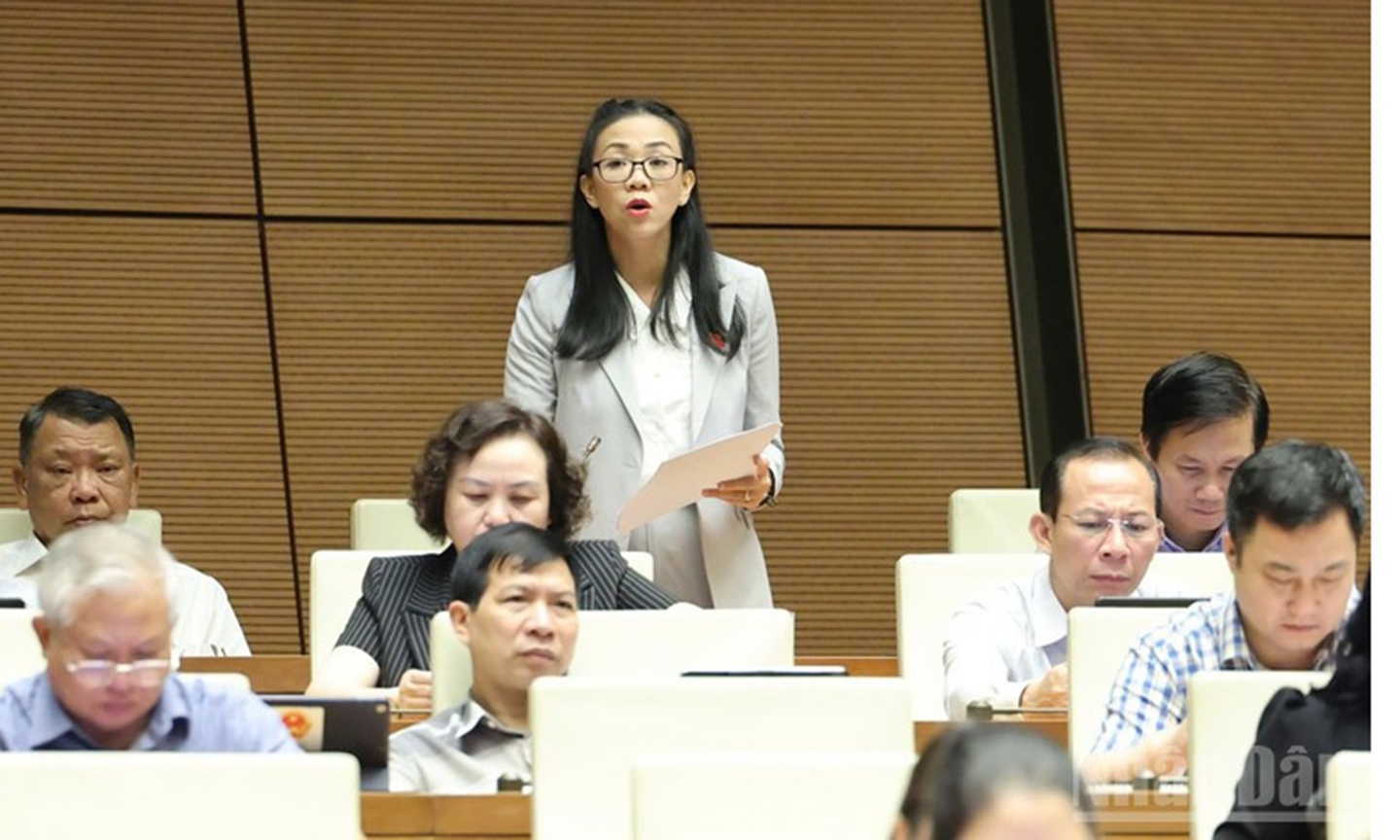Lawmakers scrutinise dual-city international financial centre plan
ABO/NDO- During the 9th sitting of the 15th National Assembly, lawmakers discussed a draft resolution on establishing an international financial centre (IFC) in Viet Nam, with some proposing careful consideration of a dual-city model based on regional development strategies and investment efficiency.
Legislators expressed strong support for establishing an IFC, viewing it as a critical step toward elevating Viet Nam’s financial standing and boosting economic development.
Addressing the plenary session, deputy Nguyen Quang Huan (Binh Duong province) noted that Ha Noi and Ho Chi Minh City have existing infrastructure advantages, enabling quicker implementation. However, to ensure balanced regional development, Da Nang could be a strategic choice to develop a new centre from scratch in line with international standards.
He cautioned that establishing IFCs in two cities would require simultaneous infrastructure investments in both locations, which may strain Viet Nam’s limited land and resources.
 |
| Deputy Trinh Thi Tu Anh (Lam Dong Province) speaks at the discussion session. (Photo: Duy Linh). |
Sharing similar concerns, deputy Nguyen Van Than (Thai Binh province) warned against spreading investments too thin, especially in light of infrastructure, human resources, and technical constraints. He cited past global examples of failed financial centres, urging Viet Nam to begin with one well-executed location and consider expansion later based on results and investor interest.
Deputy Trinh Thi Tu Anh (Lam Dong province) proposed that Viet Nam should define its IFC around key strengths, such as becoming a hub for digital transformation and green finance in Southeast Asia, SME financial services, and global supply chain finance. She also highlighted the importance of robust digital infrastructure and cybersecurity, describing them as foundational for any modern IFC.
She further called for the creation of a legal “sandbox” framework to allow fintech companies to pilot innovative products and services without being restricted by rigid regulations, following the successful examples of Singapore and the UK.
(Source: NDO)
 về đầu trang
về đầu trang







